Nashville: (615) 255-2002
Memphis: (901) 379-0900
Chattanooga: (423) 629-0906
Johnson City: (423) 979-0069
Knoxville: (865) 692-4840
Fixed Right. Fast, Guaranteed.
Blog Layout
6 Tips for Buying Used Commercial Kitchen Equipment
August 9, 2021
When setting up a commercial kitchen, one of the first-line purchases to make is the professional equipment you’ll need to outfit your space. This can include a specialized HVAC system, powerful ranges and ovens, a commercial dishwasher, and walk-in coolers, freezers, and refrigerators. When these components are bought directly off the factory assembly line, the total cost can quickly add up. On the other hand, sometimes prudent restaurant owners and managers will buy used professional kitchen equipment to save on total costs. However, there are some caveats to buying used commercial kitchen equipment.
If you’re setting up your kitchen and looking for a few quick tips for buying used kitchen equipment, we’ve got you covered. Armed with this information, you’ll feel more confident in selecting and purchasing pre-owned equipment.
1. Look for an ENERGY STAR® designation.
The ENERGY STAR® logo on a piece of used equipment indicates that it meets independently assessed energy use standards. While the initial investment in commercial kitchen equipment can be very large, some restaurant owners forget that there are continuing energy costs for all major pieces of equipment. With ENERGY STAR® certified equipment, you can significantly reduce those monthly costs.
2. Check to see if the used kitchen equipment is NSF-certified.
The National Sanitation Foundation is an independent review board that rates commercial kitchen manufacturer equipment based on safety and quality assurance. When you’re considering adding secondhand equipment to your commercial kitchen arsenal, an NSF designation is a sign of quality. This can go a long way in reassuring you about the integrity and function of the equipment. Most NSF-certified equipment is from top-of-the-line manufacturers with a long history of performance and service.
3. Consider renting commercial kitchen equipment.
If you want the performance of new commercial kitchen equipment, but you’re working with a limited budget, renting commercial kitchen equipment will allow you to utilize the latest and most innovative features without paying for them upfront. Renting equipment also aligns with the financial model of most restaurants, which uses monthly profit and loss statements to calculate vendor payment and total profit margins. Paying monthly for your equipment may make the most sense, especially if you don’t have a sizable investor-backed account to draw from.
4. Check the service records of any potential equipment.
Not all used commercial kitchen equipment is created equal, and service records can help you determine the history and health of a potential purchase. While service records aren’t always available, it’s a good idea to ask to see this data to help you make a more informed decision. If service records have not been kept, consider asking the seller who they used for their commercial kitchen equipment repair company. A qualified kitchen equipment service company can inspect the unit before you purchase it or give you general advice about which brands, manufacturers, and models would be the strongest investment.
5. Check for parts availability.
What may look to be a good deal could, in fact, be a waste of your money. If equipment is no longer supported by the manufacturer (typically due to age), parts may be difficult—if not impossible—to get, making future repairs a challenge. A call to the manufacturer with the model number can quickly determine if the equipment you are looking to buy is a deal or a dud.
6. Set up a regular maintenance schedule.
Whether you buy new or used, planned maintenance is an excellent way to extend the life of your equipment and address any issues before they spiral out of control. Commercial restaurant equipment needs to be regularly maintained to stand up to spills, temperature fluctuations, and constant use in a busy kitchen. Be sure to schedule ongoing maintenance checks to assess the health of your equipment. When issues are addressed early, and worn-out parts are replaced, you’re more likely to see years of solid performance.
Consult ATECH For Advice Before Buying Commercial Kitchen Equipment
Talk with an ATECH repair technician before buying used commercial kitchen equipment. Once you have purchased your used commercial equipment, reach out to ATECH for a planned maintenance quote. We’re an Authorized Service Agent for over 60 manufacturers. We’re also proud of our written 90-day parts and labor warranty, backed by our 100% customer satisfaction guarantee. Let us show you why so many Tennessee businesses trust ATECH
for commercial equipment repair.
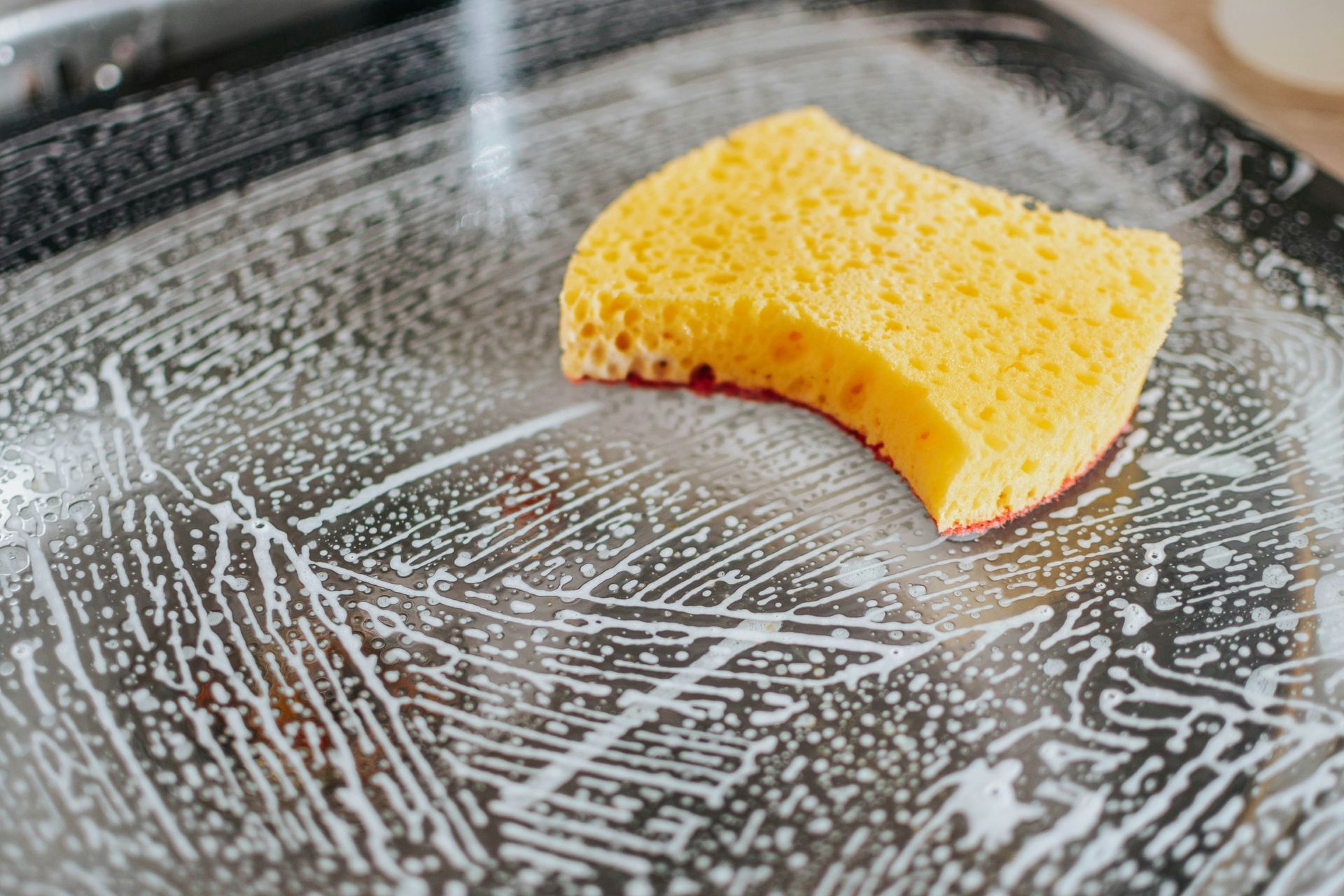
By markl
•
March 20, 2024
As the season changes and springtime blooms, it's the perfect opportunity to refresh and rejuvenate your restaurant space. Spring cleaning isn't just about tidying up; it's about ensuring a safe, welcoming environment for your patrons and staff. In this blog post, we'll explore some essential tips and best practices for restaurant cleanliness in the springtime. Embrace Deep Cleaning : Spring cleaning is the ideal time to tackle those deep cleaning tasks that may have been neglected during the busier seasons. From scrubbing floors and walls to deep cleaning kitchen equipment, thorough sanitation ensures a hygienic environment for food preparation and service. Focus on High-Traffic Areas : Pay special attention to high-traffic areas such as dining areas, restrooms, and entryways. These areas are prone to accumulating dirt, dust, and germs, making regular cleaning essential for maintaining a pristine appearance and preventing the spread of illness. Refresh Outdoor Spaces : If your restaurant has outdoor seating areas, spring is the perfect time to freshen them up. Clean outdoor furniture, sweep away debris, and power wash outdoor surfaces to create an inviting atmosphere for al fresco dining. Check and Replace Equipment Filters : Don't forget to inspect and replace filters in HVAC systems, refrigeration units, and ventilation hoods. Clean filters help maintain air quality and prevent the buildup of contaminants, ensuring a healthy indoor environment for both customers and staff. Engage Staff in Cleaning Initiatives : Encourage staff members to take pride in the cleanliness of the restaurant by involving them in spring cleaning initiatives. Assign specific tasks and provide training on proper cleaning procedures to ensure consistency and effectiveness. Implement Regular Maintenance Schedule : Establish a regular maintenance schedule to keep up with cleaning tasks throughout the year. By incorporating daily, weekly, and monthly cleaning routines, you can maintain a high standard of cleanliness and prevent the accumulation of dirt and grime. Invest in Quality Cleaning Products : Choose cleaning products that are effective yet environmentally friendly. Look for products that are certified as safe for use in foodservice establishments and follow manufacturer recommendations for proper application and usage. Monitor and Adjust Cleaning Protocols : Continuously monitor cleaning protocols and adjust as needed based on feedback, customer traffic, and changing regulations. Regular evaluation ensures that your cleaning practices remain effective and in compliance with industry standards. Spring cleaning is an essential aspect of restaurant maintenance that goes beyond just aesthetics. By implementing thorough cleaning routines, engaging staff members, and investing in quality cleaning products, you can create a safe, hygienic environment that enhances the dining experience for your customers and promotes a healthy work environment for your staff. As you embark on your spring cleaning journey, remember that ATECH is here to support you with a wide range of cleaning and maintenance solutions tailored to meet the unique needs of your restaurant. Happy spring cleaning!
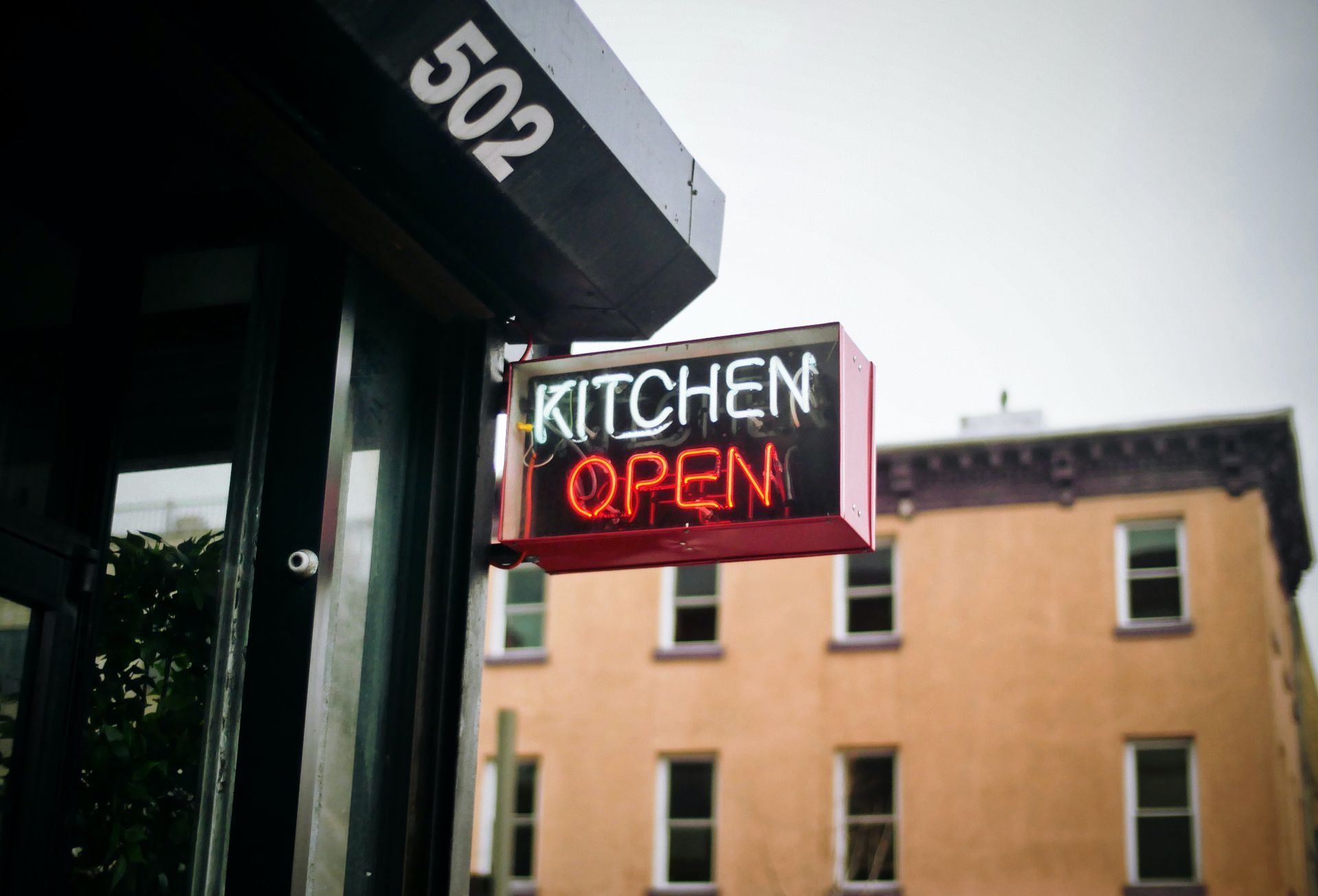
By markl
•
January 26, 2024
Winter is here, and at ATECH, we understand the unique challenges businesses face in keeping their commercial equipment running smoothly during the colder months. In this comprehensive guide, we'll delve into the strategies, tips, and success stories that can help your business navigate winter effortlessly. From equipment maintenance to emergency services, consider this your go-to resource for mastering winter with ATECH. Winter Equipment Maintenance Tips Checklist for Winter-Ready Equipment: Inspect Seals and Gaskets : Ensure a tight seal to prevent cold air leakage. Check Insulation : Evaluate the insulation of walk-in coolers and freezers. Clean and Sanitize : Thoroughly clean and sanitize all equipment surfaces. Temperature Adjustment : Set optimal winter temperatures for each piece of equipment. ATech Maintenance Tips for Different Equipment: Fryers and Grills : Clean and inspect burners for efficient operation. Ice Machines : Check water lines for insulation and replace filters regularly. Heating Systems : Schedule preventive maintenance to optimize efficiency. Electronic Equipment : Keep spaces well-heated and clean to prevent malfunctions. Businesses often grapple with specific equipment failures that can disrupt operations. ATECH understands the challenges posed by heating system malfunctions, electronic equipment performance, and other issues during the colder months. To tackle these common winter-related failures, businesses should prioritize preventive measures. Regular heating system maintenance checks and air filter replacements can prevent malfunctions. For electronic equipment, maintaining ambient room temperature and conducting routine cleaning are key strategies to ensure optimal performance throughout winter. ATECH's Winter Services: A Lifeline for Your Business Winter demands a proactive approach to equipment maintenance, and ATECH stands as the lifeline for businesses navigating the challenges of the season. Our comprehensive winter services go beyond mere repair and include prompt equipment repairs, planned maintenance, and emergency services. With a commitment to same-day service for urgent winter emergencies, ATECH ensures that businesses can rely on swift resolution during critical times. What sets us apart is our team of factory-trained and CFESA-certified technicians, offering not just reliability but a dedicated partnership to keep your business running smoothly through the coldest months. Trust in ATECH, your lifeline in the winter business landscape. Winter doesn't have to be a season of uncertainty for your business. With ATECH by your side, you have a reliable partner dedicated to providing top-notch equipment repairs and maintenance services. Master winter with confidence, knowing that our comprehensive guide and expert services are here to support your business every step of the way. For personalized winter readiness assessments and expert guidance, contact ATECH today. Let's navigate winter together, and keep your business thriving.
VISIT US
,
This is a placeholder for the Yext Knolwedge Tags. This message will not appear on the live site, but only within the editor. The Yext Knowledge Tags are successfully installed and will be added to the website.
This is a placeholder for the Yext Knolwedge Tags. This message will not appear on the live site, but only within the editor. The Yext Knowledge Tags are successfully installed and will be added to the website.
Locations also available in Memphis, Knoxville, Chattanooga, and Johnson City
HOURS
Monday
Tuesday
Wednesday
Thursday
Friday
Saturday
Sunday
This is a placeholder for the Yext Knolwedge Tags. This message will not appear on the live site, but only within the editor. The Yext Knowledge Tags are successfully installed and will be added to the website.
HOURS
Monday
Tuesday
Wednesday
Thursday
Friday
Saturday
Sunday
This is a placeholder for the Yext Knolwedge Tags. This message will not appear on the live site, but only within the editor. The Yext Knowledge Tags are successfully installed and will be added to the website.
Hi. Do you need any help?
CONTACT US
Nashville: (615) 255-2002
Memphis: (901) 379-0900
Chattanooga: (423) 629-0906
Johnson City: (423) 979-0069
Knoxville: (865) 692-4840
Privacy Policy
| Do Not Share My Information
| Conditions of Use
| Notice and Take Down Policy
| Website Accessibility Policy
© 2025
The content on this website is owned by us and our licensors. Do not copy any content (including images) without our consent.


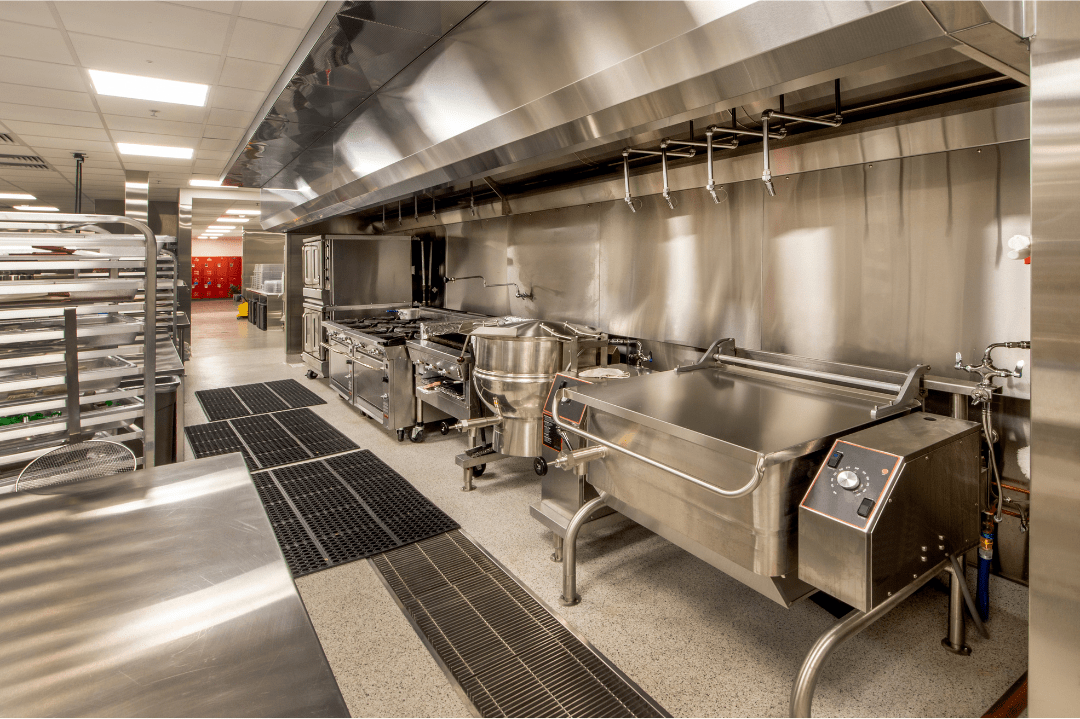
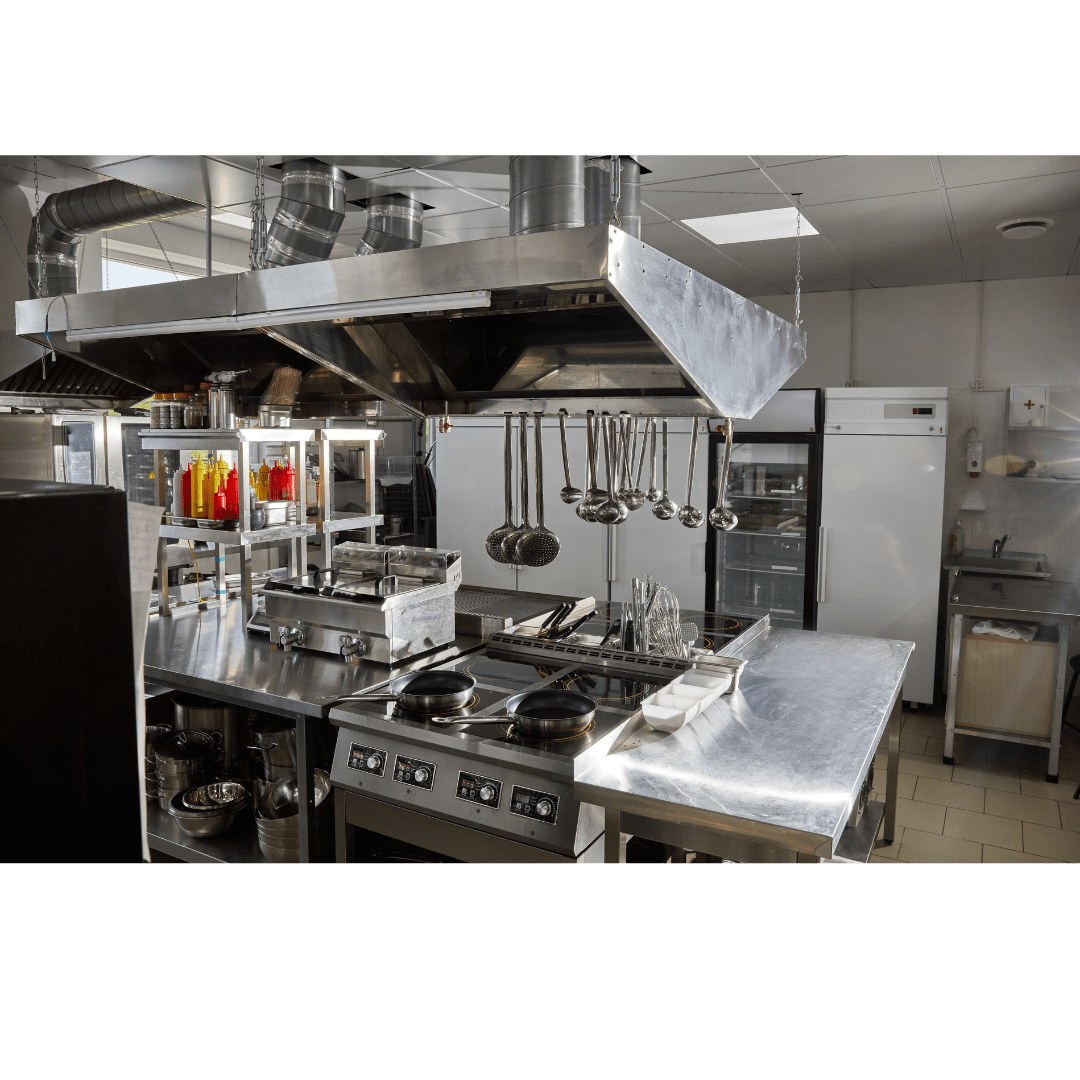



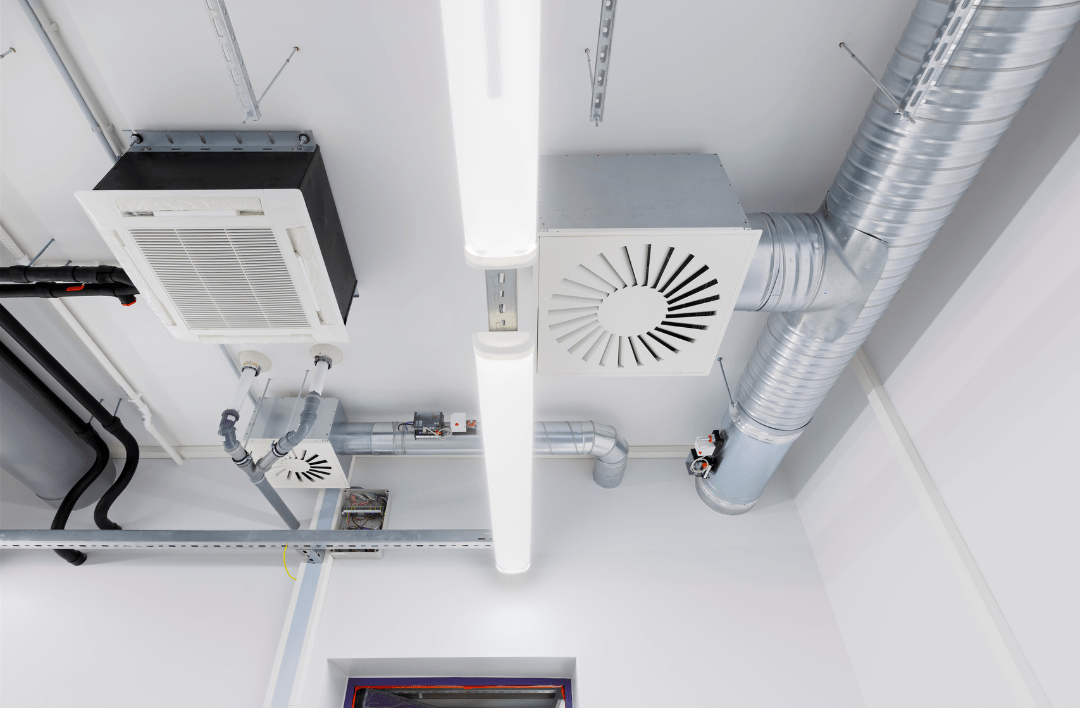
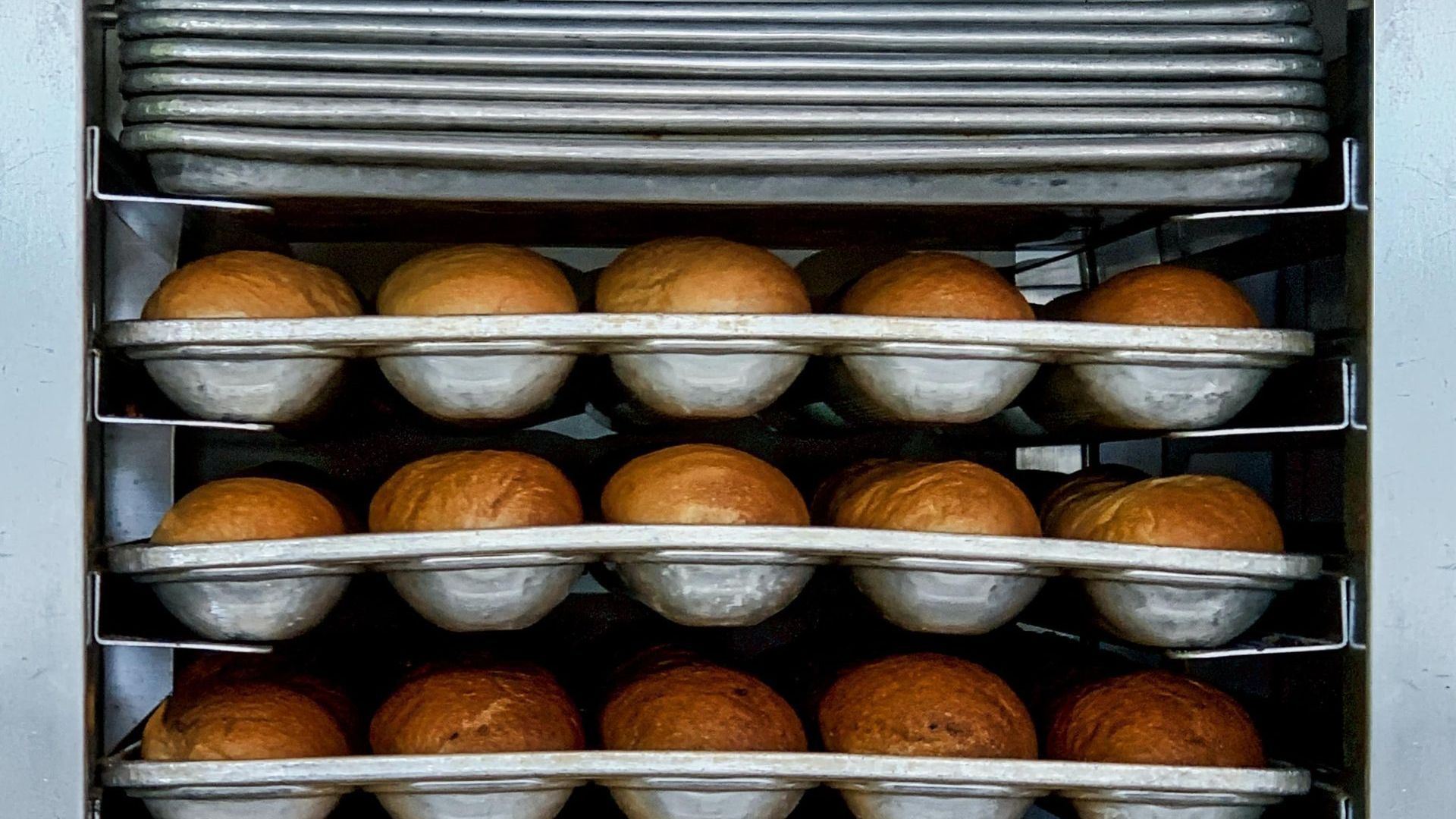
Share On: